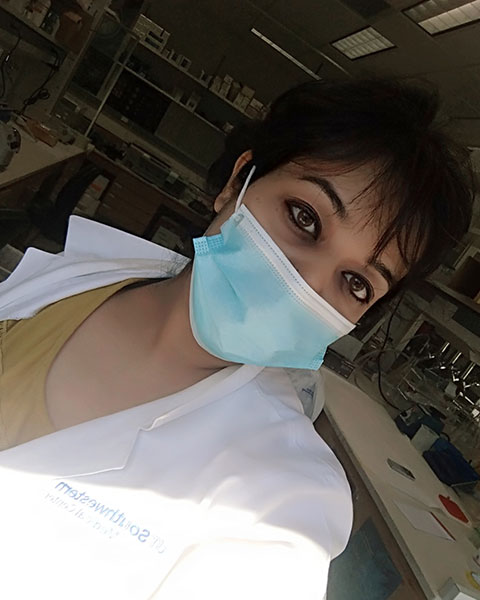Th193 - Thymus Tissue Regeneration in 22q11.2ds Mouse Models (DiGeorge) Using Mesenchymal Cell Replacement and Selected Vasodilative Drugs
Thursday, June 22, 2023
7:30 AM - 7:30 PM
Pratibha Bhalla, PhD; Angela Moses, PhD; Maite de la Morena, MD; Christian Wysocki, MD, PhD

Nicolai S. van Oers, PhD
Professor
UT Southwestern Medical Center
Dallas, Texas, United States- PB
- AM
- Md
- CW
Abstract Text: Thymus hypoplasia occurs in several clinical conditions including 22q11.2 deletion syndrome (22q11.2DS). 22q11.2DS is the most common human microdeletion disorder, affecting ~1/2100. Patients born with this deletion can have congenital malformations including thymus hypoplasia, cardiac defects, hypoparathyroidism and/or dysmorphic facial features. Thymuses from 60-70% 22q11.2DS patients are smaller and produce fewer T cells than normal. For individuals with a severe hypoplasia, an allogenic thymus tissue graft is needed to restore thymopoiesis. To determine the molecular mechanisms contributing to a small thymus, we compared the subsets of cells needed for the development of the thymus using embryos from various 22q11.DS mouse models and controls. Reaggregate fetal thymic organ culture assays revealed that replacing mesenchymal cells from 22q11.2del hypoplastic lobes with normal ones restored tissue expansion and thymopoiesis. Thymic epithelial cells and endothelial cells used as substitutes were unable to restore the growth. Single cell RNA sequencing of normal and hypoplastic thymus lobes revealed differential expression of transcripts that primarily impacted 5 distinct mesenchymal cell subsets and the one endothelial cell group in 22q11.2DS. These transcripts are involved in extracellular matrix modeling, collagen deposition, cell-cell interactions, and growth. Thymus growth in 22q11.2DS tissues was restored in RTOC assays in the presence of vasodilators, minoxidil or PGE2. We now report that minoxidil injections in timed pregnant 22q11.2DS mice restore thymus tissue expansion in affected embryos. Such findings suggest novel strategies aimed at preventing thymic hypoplasia in utero that may have clinical value.

